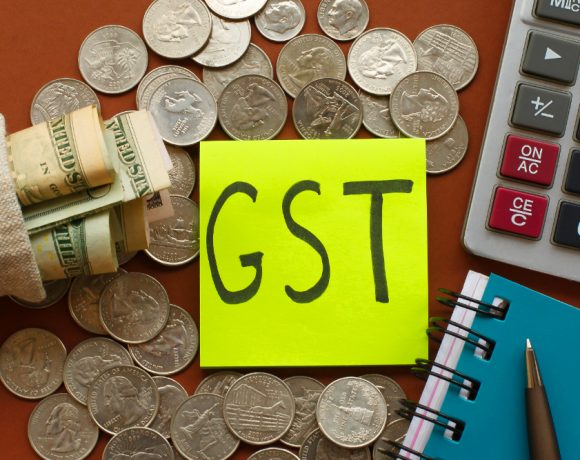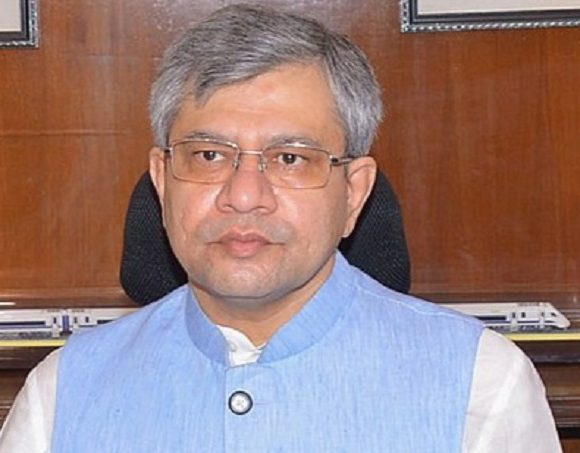
India Considers Lifting Ban on Crop Futures Trading
The Indian government is deliberating the removal of a three-year ban on futures trading for certain agricultural commodities. The move aims to enhance market stability and improve price discovery mechanisms for farmers and traders.
In December 2021, the Securities and Exchange Board of India (SEBI) suspended futures trading in seven key agricultural commodities, including wheat, mustard seeds, soybean, and crude palm oil. This action was taken to curb inflation and speculative trading. Since then, the ban has been extended multiple times, with the latest extension set to expire on January 31, 2025.
A group of ministers is currently evaluating the impact of lifting the ban and will submit their recommendations to SEBI. The decision could allow futures trading to resume or extend restrictions beyond the January deadline.
Proponents of lifting the ban argue that futures trading provides essential tools for price discovery and risk management. Resuming these contracts could stabilize incomes for farmers and bring efficiency to the agricultural market. However, opponents warn that removing the restrictions might lead to speculative trading and further escalate food inflation.
The decision will significantly influence India’s agricultural and financial sectors, impacting farmers, traders, and market dynamics. As the deadline approaches, stakeholders await clarity on the government’s stance.


















